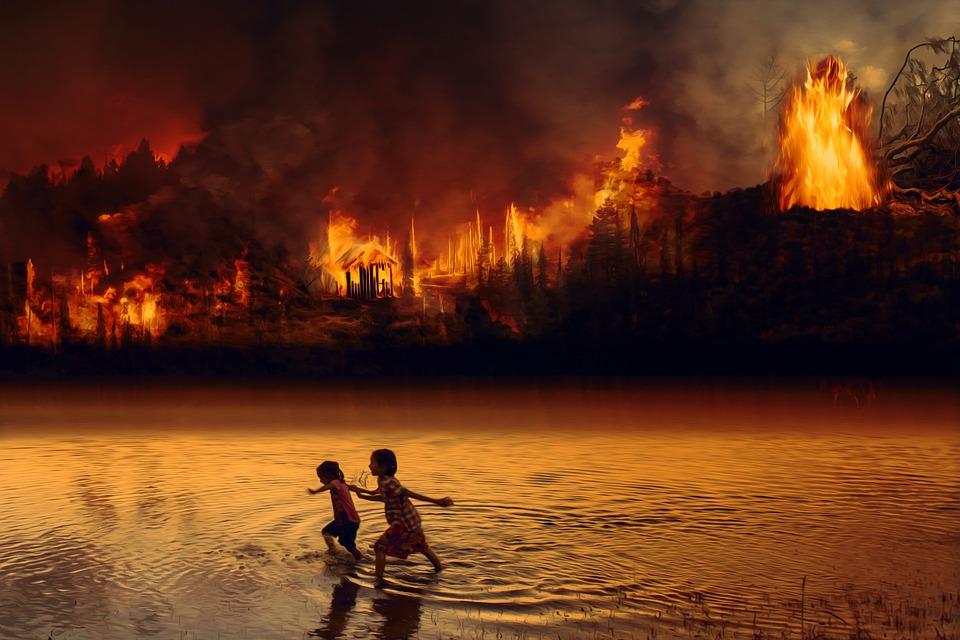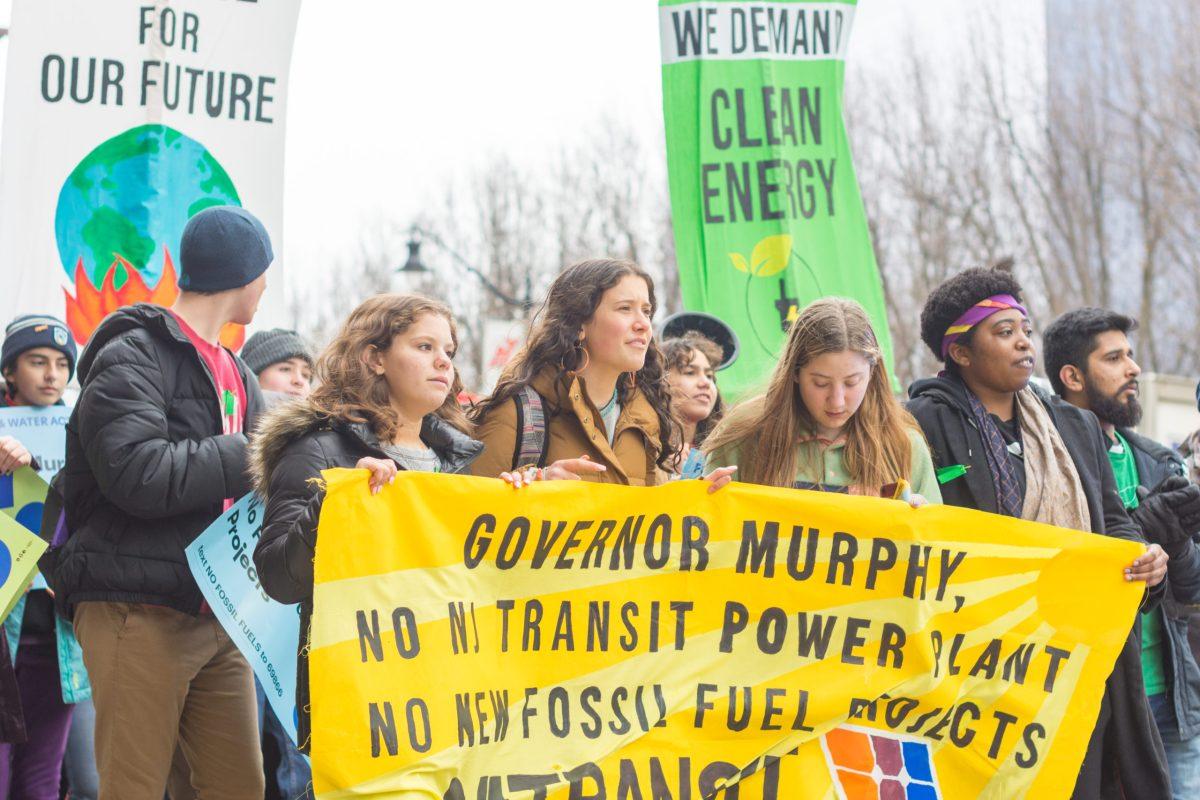The Amazon rainforest is a vast jungle of exotic plants and animals that produces over 20% of the world’s oxygen, absorbs over 2.2 billion tons of CO2 every year and is going to make profit for Brazilian farmers at the cost of its charred remains.
As of this September, over 80,000 fires have broken out through 2019, the most since 2010. This is largely due to the policies of Brazilian President Jair Bolsanairo, who promised to loosen the restrictions on deforestation within the country. He has been very successful: since he entered office in January there has been a 29.4% decrease in fines for illegal burning violations.
When asked about the Amazon wildfires Professor Zeyuan Qiu, a Chemical and Environmental Science professor at NJIT, said “Wildfire itself is not a bad thing, it is a natural way to sequester excess bioenergy in the forest. When it is driven by human action, however, that’s a big concern. The original ecosystem is disturbed to a much wider extent.” He went on to explain that the Amazon is an important carbon sink, since the plants remove carbon dioxide from the air, and that their destruction in the wildfires would drastically affect the carbon cycle.
This deforestation has come about for a number of economic reasons. The wood from the forest itself is removed before the fire is initiated because it can produce lumber as well as rubber. Then, the rest of the land is left to dry before it is burned away to produce more free area for farming, which is also an important source of income for the country.
When asked if this is a good solution to increase the food supply, Professor Qiu responded that “burning the rainforest for more room for farming is probably one of the dumbest things a human can do, and is one of the least sustainable ways.”
Since the explosion of international opposition to the logging of the jungle, several companies have started boycotting Brazilian goods, particularly leather, as the cows mostly occupy the space where dense jungle used to be. Fifteen fashion labels including Vans, Timberland and H&M have stated that they will no longer import Brazilian leather. Finland has even called for a Brazilian beef ban within the whole European Union.
Marcos Rocha, the governor of the Brazilian state of Rondônia, called the outrage over the fires a “fuss” and went so far as to accuse foreign powers of blowing the fires out of proportion to stunt the Brazilian economy. He also called out the hypocrisy of the countries that were protesting, stating the smog from their industry far outweighs the environmental problems that would arise from the forest fires.
Despite Rocha’s denial of the urgency of the matter, Professor Qiu argues that “it is critical. In many ways we share this world with all other species, we really need to give space for other creatures and work hard to preserve the biodiversity.”
































